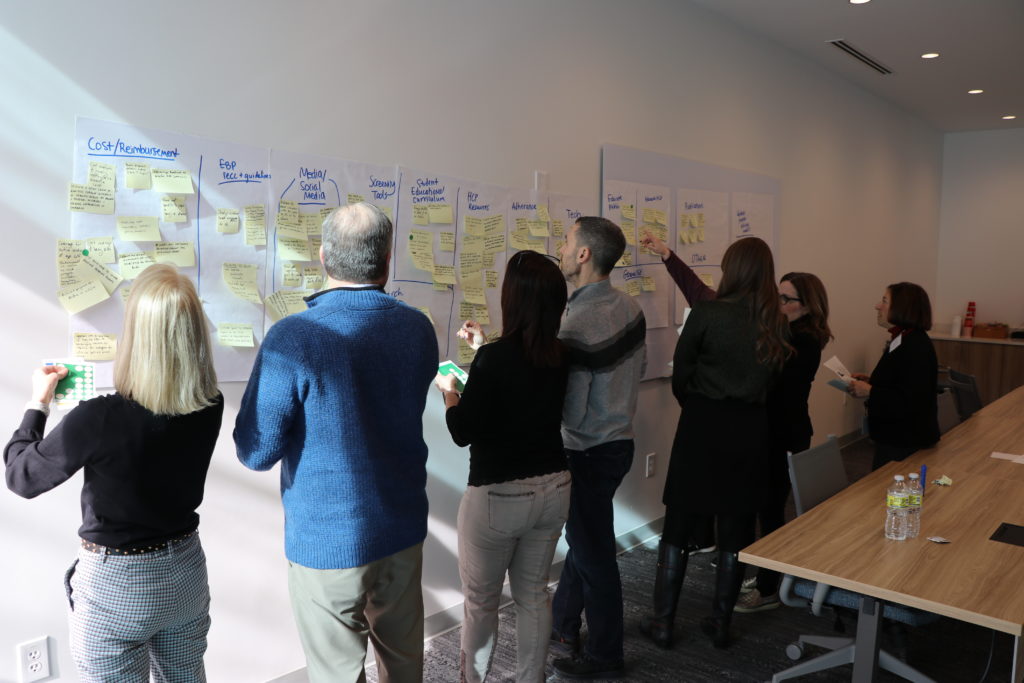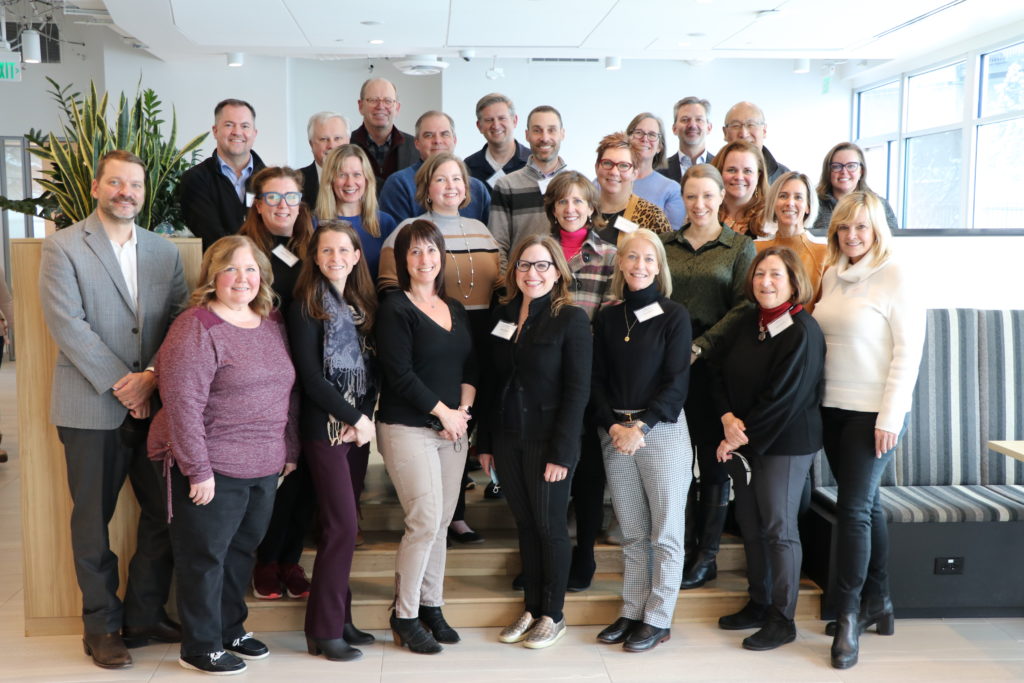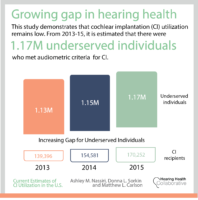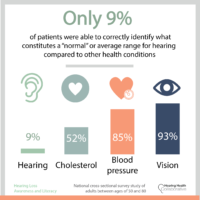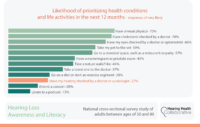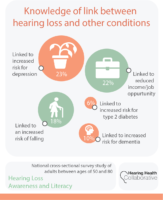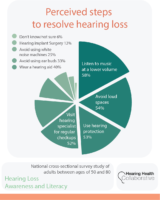In memory of Nathan Hurle who passionately served the Hearing Health Collaborative.
We are forever grateful for your wisdom and guidance.

Educational Webinars
You are invited to view the Educational Webinars from the Hearing Health Collaborative.
Good hearing and communication are important to all stages of life. The number of people living with disabling hearing loss continues to grow in the United States especially among the adult population. If left unaddressed or under addressed, hearing loss poses significant challenges to healthy aging.
The Hearing Health Collaborative was formed to understand the underlying barriers and define a plan to overcome challenges to access. Specifically, we explore 1) awareness of the science behind healthy hearing and healthy aging 2) current guidance and policies to support access to the full continuum of treatment solutions and 3) adequacy of care delivery models to support an increasing number of patients.
Hearing Industries Association Presentation
As part of a series of educational webinars The Hearing Health Collaborative, invited Kate Carr, President of the Hearing Industries Association, (HIA) to present some of the incredible work the organisation has undertaken since 1995 to raise awareness of Hearing Loss amongst the community.
Adult Hearing Screening Guidelines Presentation
As part of a series of educational webinars The Hearing Health Collaborative, invited Jennifer Deal, PhD epidemiologist and gerontologist with expertise in cognitive aging to present on Adult Hearing Screening Guidelines, specifically how this relates to the US Preventative Services Task Forces’ process for assessing a hearing screening program for hearing loss in asymptomatic older adults.
What hearing health may learn from endocrinology: The path to establishing Adiposity-Based Chronic Disease (ABCD)
Presented by Jeffrey I. Mechanick, MD, Clinical Professor of Medicine, Endocrinology, Diabetes and Bone Disease at the Icahn School of Medicine and Director of Metabolic Support, Mount Sinai Hospital. USA.
Developing a Data-Driven Awareness Campaign for Better Hearing with Members of the Hearing Industries Association (HIA)
As part of a series of educational webinars The Hearing Health Collaborative invited members from the Hearing Industries Association and advisory and advocacy communications consultancy APCO to walk through their data driven campaign for hearing health.
Hearing Care, Medicare and Reimbursement
Professor Ian Windmill presents on Audiology Reimbursement. Ian M. Windmill, PhD, is the director at Cincinnati Children’s Hospital and a professor at the University of Cincinnati School of Medicine in Cincinnati, Ohio.
What’s your hearing Number?
A new approach to educating the public about hearing health presented by Frank Lin and Molly Sheehan from Johns Hopkins Cochlear Centre for Hearing and Public Health.
HEAR WELL. STAY VITAL ASSET LIBRARY
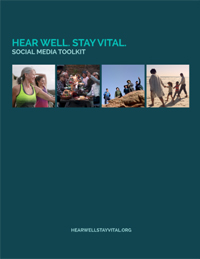
What is an A3 Model?
Listen to Sarah Sydlowski explain the A3 Process.
The A3 process is a problem-solving tool developed by Toyota to foster learning, collaboration, and growth. The term “A3” is derived from the size of paper (11” X 17”) on which the design fits and is used to define the problem, current and desired future states, root cause analysis, counter measures, prioritized implementation plan, and metrics.
The A3 process allows groups of people to actively collaborate on the purpose, goals, and strategy to solve a problem. Collaboration among content experts and key stakeholders is critical for innovation and speed. Using the A3 process to foster collaboration can help teams invest their time and energy most effectively.
Meet the collaborative participants
Co-chairs
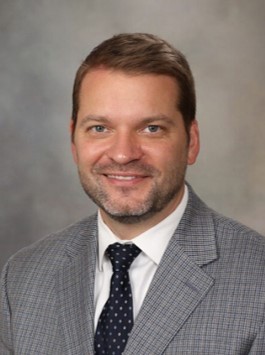
Matthew Carlson, MD
Professor of Otolaryngology and Neurosurgery Division Chair, Otology & Neurotology, Medical Director, Cochlear Implant Program, Program Director, Neurotology Fellowship, Mayo Clinic, Rochester, MN
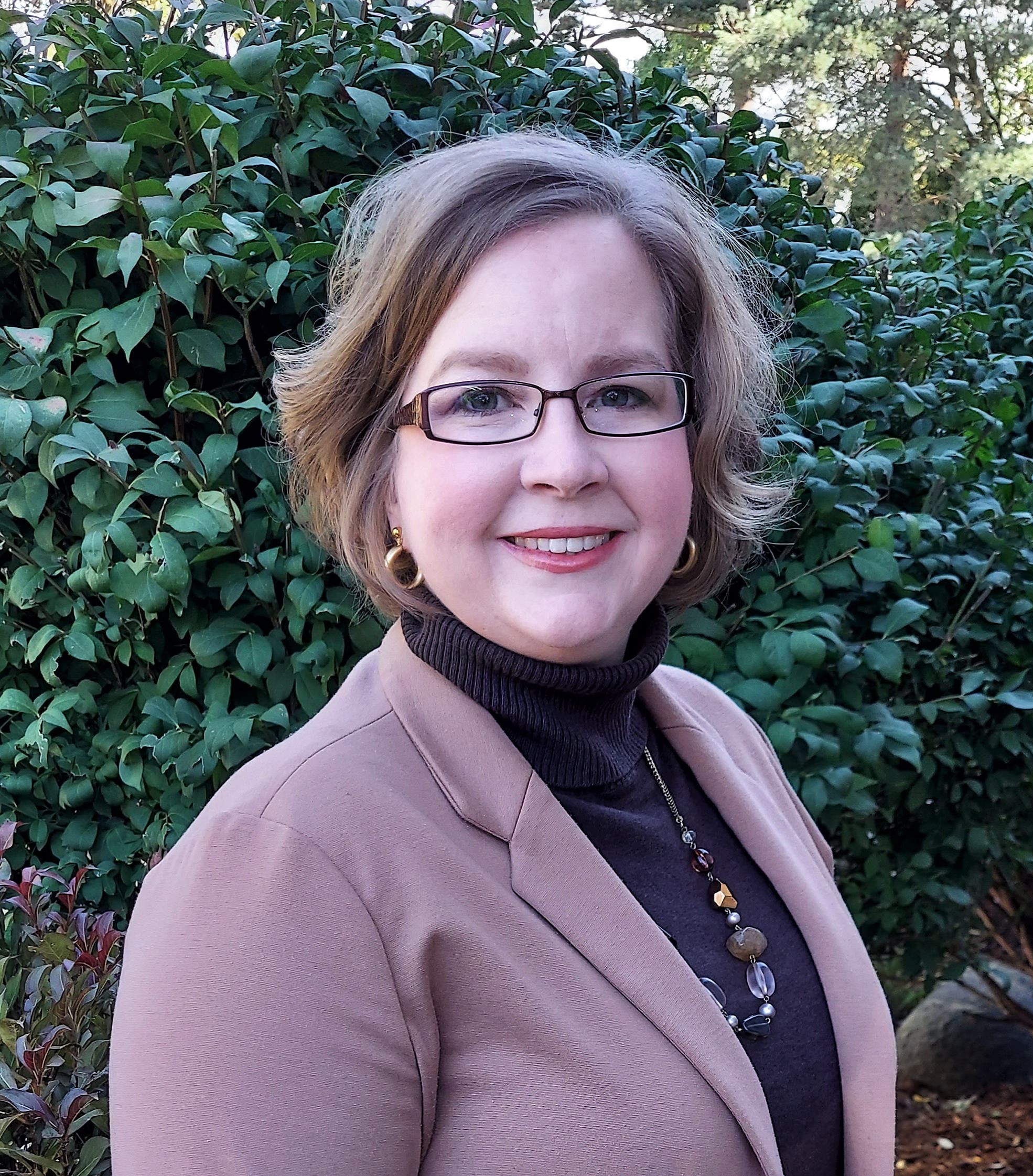
Sarah A. Sydlowski, Au.D., Ph.D., M.B.A.
Associate Chief Improvement Officer Audiology Director, Hearing Implant Program Cleveland Clinic, Cleveland, Ohio
Meet the collaborative participants
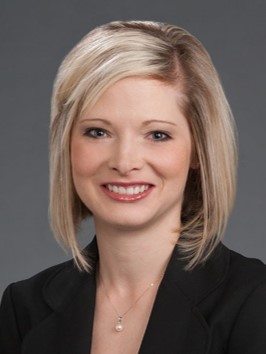
Meagan Bachmann, AuD
Wake Forest Baptist Health

Kevin Brown, MD, PhD
University of North Carolina
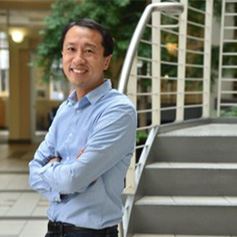
Frank Lin, MD
Johns Hopkins University
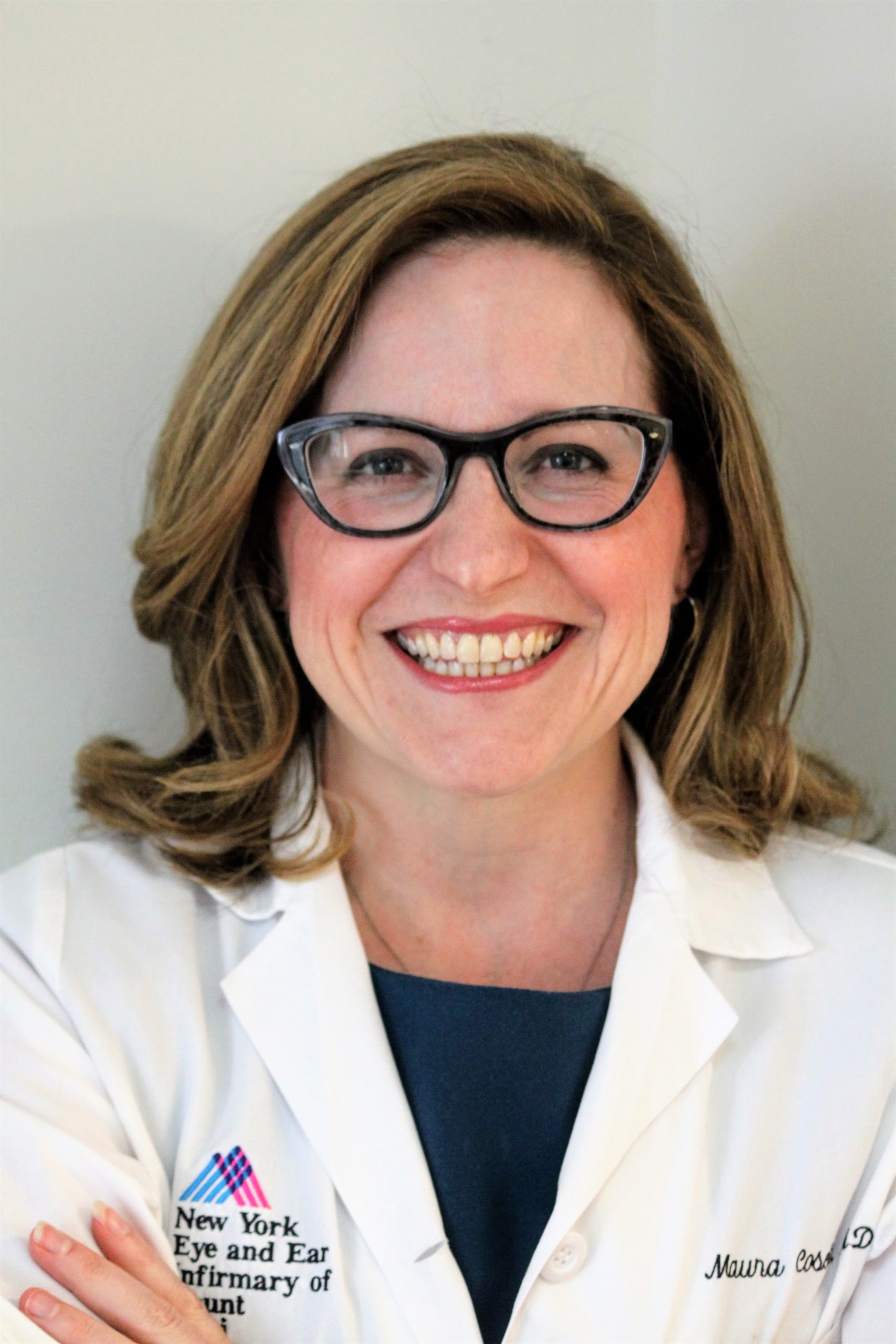
Maura Cosetti, MD
New York Eye and Ear Infirmary of Mount Sinai
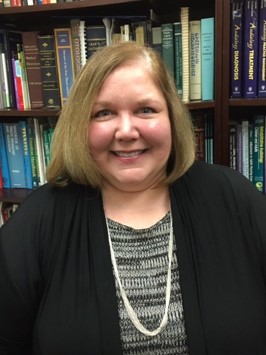
Erin Miller, AuD
The University of Akron
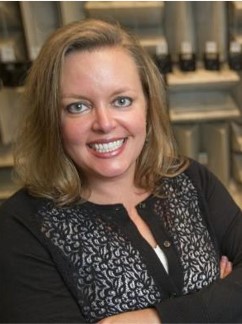
René Gifford, MS, PhD
Vanderbilt University Medical Center
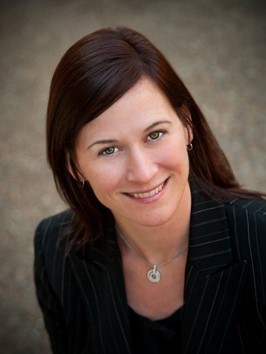
Stephanie Moody Antonio, MD
Eastern Virginia Medical School
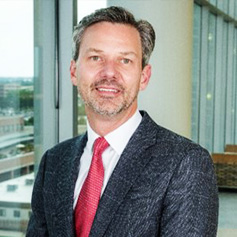
Samuel Gubbels, MD, FACS
University of Colorado
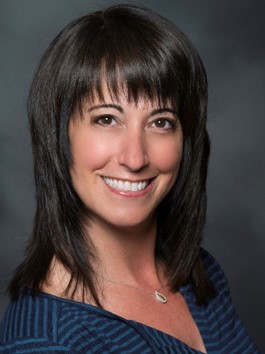
Tracy Murphy, AuD
North Shore Audio‐Vestibular Lab
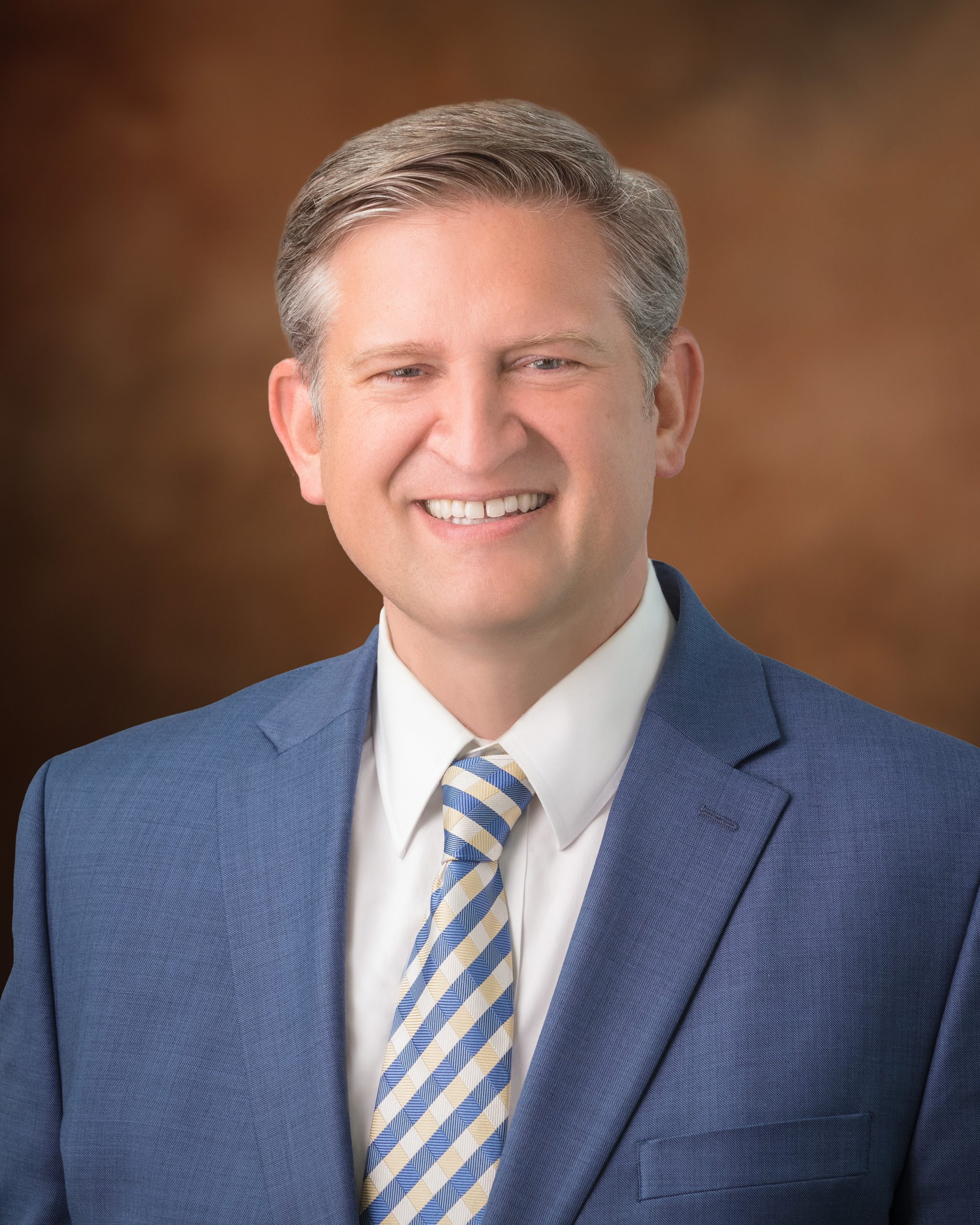
Richard Gurgel, MD, MSCI
University of Utah School of Medicine
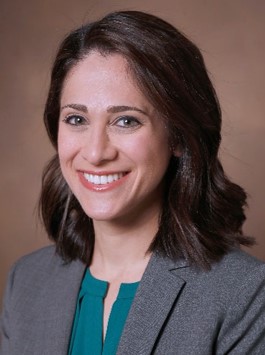
Ashley Nassiri, MD, MBA
Mayo Clinic
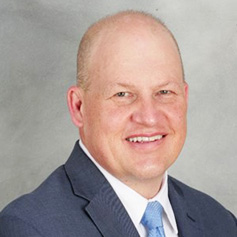
Marlan Hansen, MD
University of Iowa
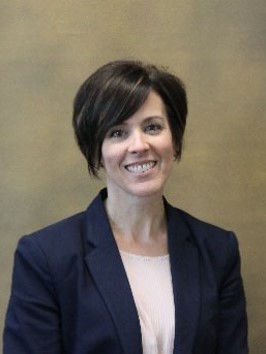
Regina Presley, AuD
Greater Baltimore Medical Center
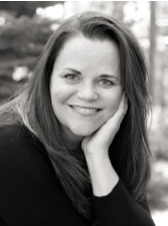
Heidi Hill, AuD
Hearing Health Clinic
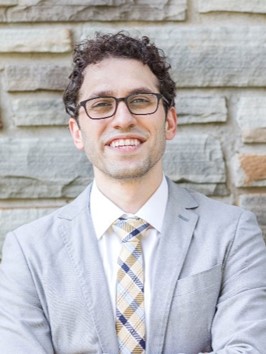
Nicholas Reed, AuD
Johns Hopkins University
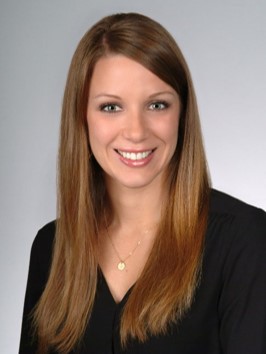
Meredith Holcomb, AuD, CCC‐A
University of Miami
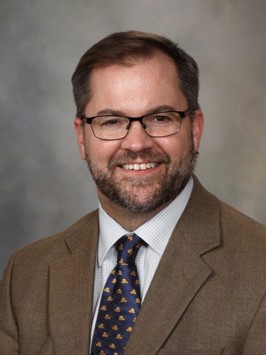
Doug Sladen, PhD
Western Washington University
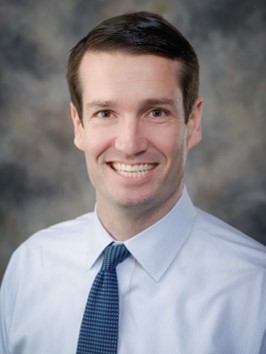
Jacob Hunter, MD
University of Texas Southwestern Medical Center
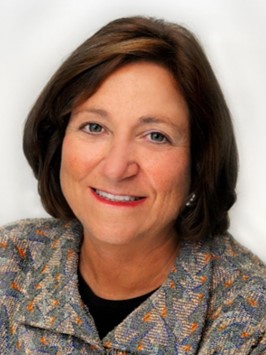
Donna Sorkin, MA
American Cochlear Implant Alliance
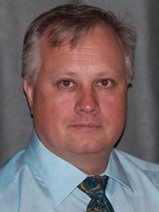
Ben Balough, MD, Neurotologist
Kaiser Permanente
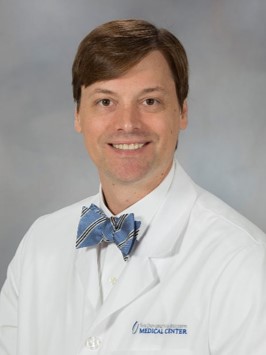
Christopher Spankovich, PhD
University of Mississippi Medical Center
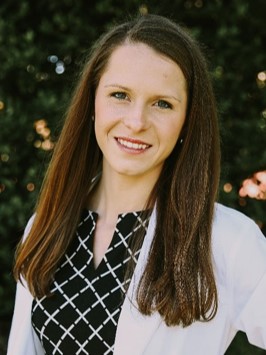
Anna Jilla, AuD, PhD
Lamar University
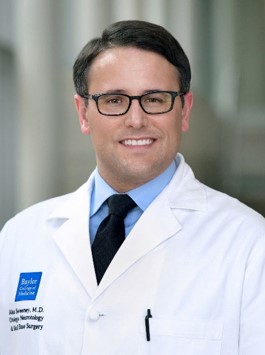
Alex Sweeney, MD
Baylor College of Medicine; Texas Children’s Hospital
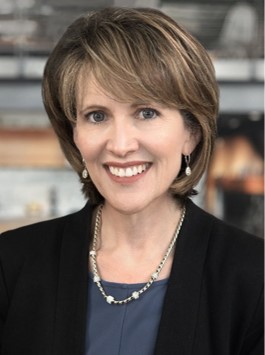
Barbara Kelley
Hearing Loss Association of America
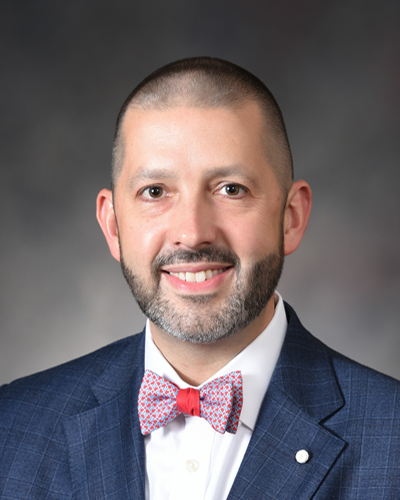
Matt Bush, MD
University of Kentucky
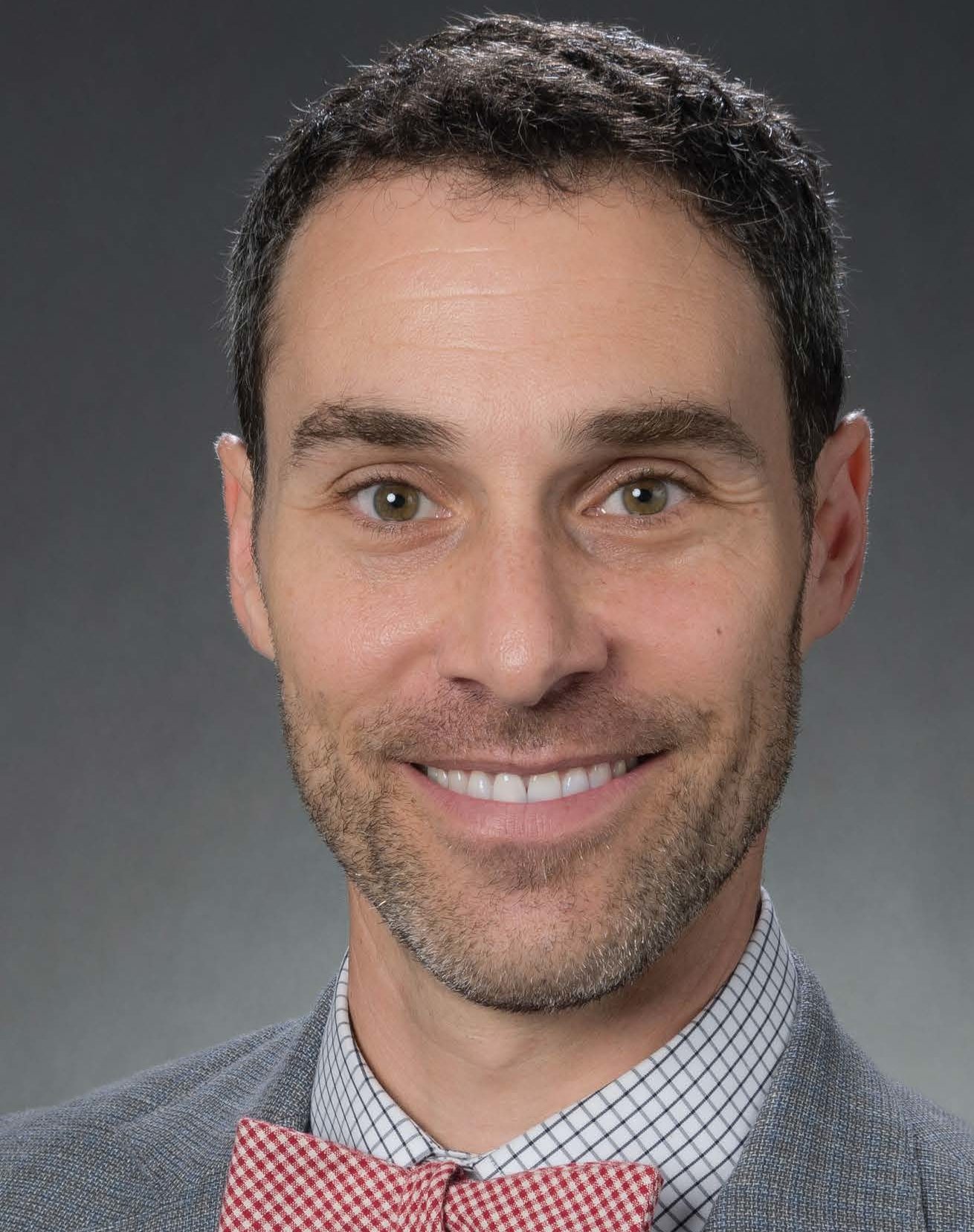
Daniel Zeitler, MD, FACS
UW Medicine – University of Washington Medical Center
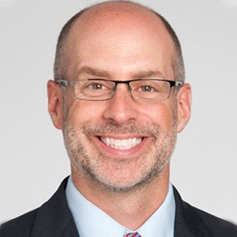
Nathan Hurle
Cleveland Clinic
In memory of Nathan Hurle who passionately served the Hearing Health Collaborative.
Nathan D. Hurle, RIP, age 47 of Shaker Hts., OH.
Nate was born in Wareham, MA in 1974. Nate graduated from Merrimack High School in 1992, then proceeded to earn his bachelor’s degree in Industrial Engineering from Rochester Institute of Technology in 1997.
Nate was a valued caregiver at Cleveland Clinic for over 14 years, where he led a large team of continuous improvement professionals in the work of making things better for patients and caregivers across the healthcare system. His leadership in the field was widely recognized across healthcare and other industries. He changed the lives of thousands of caregivers and millions of patients at the Cleveland Clinic and beyond. We are forever grateful for your wisdom and guidance.
Tenets for Transformation of Hearing Health
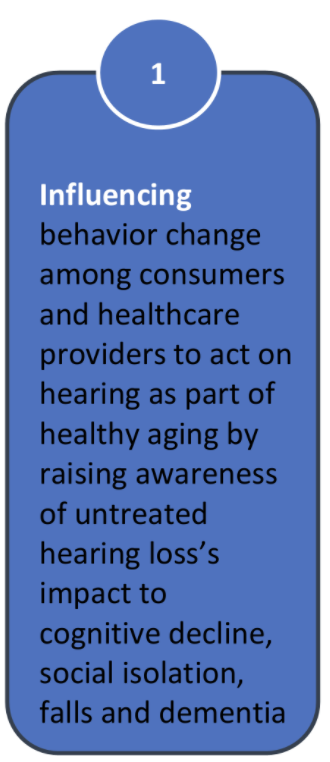



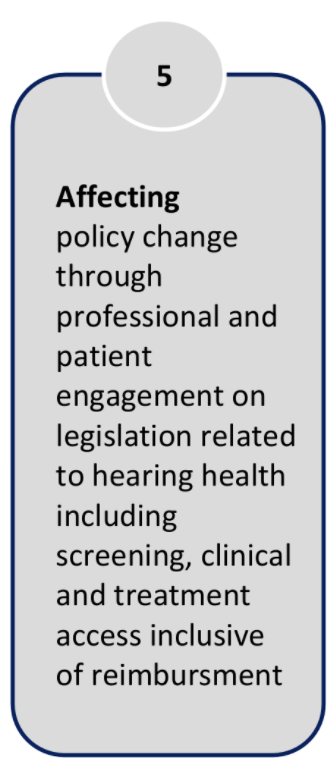
How to join the Hearing Health Collaborative
There are many opportunities for those vested in improving access to hearing health in the USA. The work to date has identified 5 focus areas in Hearing Health: Identification, Diagnosis, Motivation, Financial, and Treatment Pathways. Each area will need to engage a network of people vested in working together to improve hearing health care. This network may include individuals from hospital systems, private practices, academia, industry, or societies. We are all stronger together!
Further, participation in the Hearing Health Collaborative offers people additional benefits of interprofessional collaboration including:
- Opportunity to transform hearing health care
- Gain new ways of thinking about hearing health care issues and solutions
- Network with professionals from different practices, backgrounds, and organizations
- Gain new knowledge, wisdom from others to improve hearing health care
- Potential to develop new skill sets
- Access to funding, sharing of costs (research)
- Pooling of knowledge for solving large, complex problems in hearing health that we have not previously been able to tackle alone or in smaller, uncoordinated efforts


